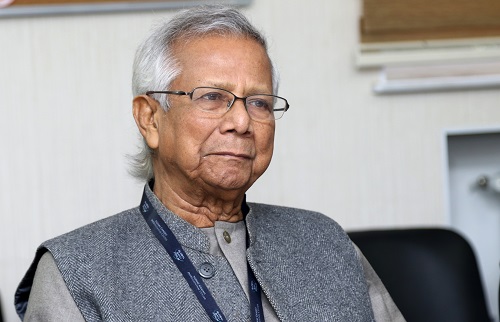An international team of archaeologists from the Netherlands, Indonesia, Australia, Germany and Japan have discovered fragments of the skull of the ancient ancestor of humans, Homo erectus, and the remains of 36 species of animals at the bottom of the Madura Strait near the island of Java.
“EDnews” reports that the study was published in the scientific journal “Quaternary Environments and Humans”.
“For the first time, we have obtained evidence that Homo erectus inhabited not only the island of Java, but also the vast plains of Sundaland, an ancient land bridge between the Asian mainland and the Indonesian islands,” said Harold Bergheis, a researcher at Leiden University, co-author of the study.
Of particular interest were the traces of animal carcasses. The findings indicate that ancient people actively hunted large bulls and collected bone marrow. This may indicate cultural exchange between different groups of ancient people.Other important discoveries include evidence of the slaughter of turtles, the remains of mollusks, which were an important part of the diet, and the bones of extinct animals such as Asian hippos, Komodo dragons, and river sharks.
According to the researchers, the age of the finds is 140 thousand years. At that time, Sundaland resembled the modern African savannah - dry steppes with forests along the rivers, inhabited by elephants, rhinoceroses, and other large animals.
Madina Mammadova\\EDnews









